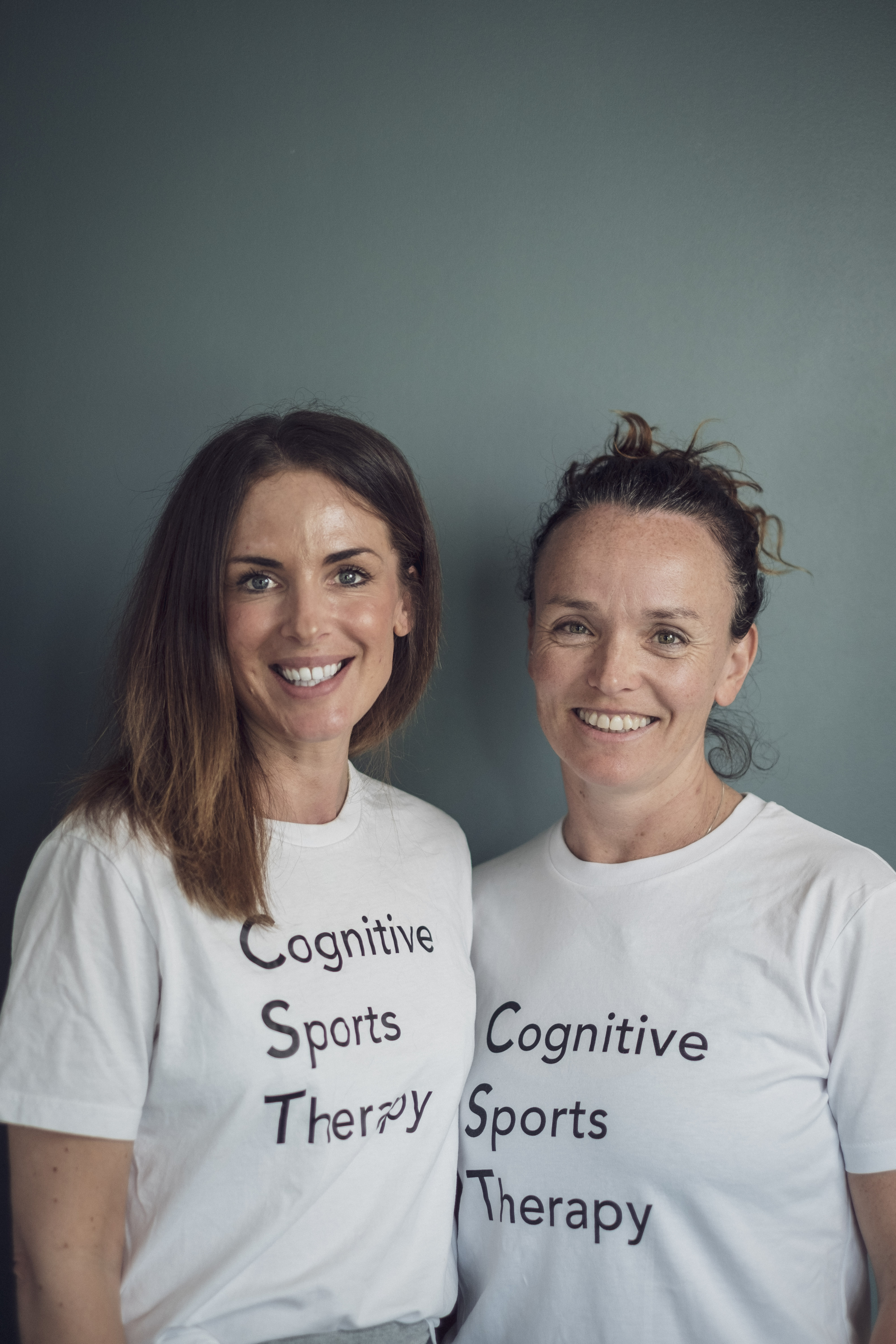MIND • BODY • BREATH
Our trademarked technique known as Cognitive Sports Therapy (CST), takes elements from psychotherapy (looking into your past), Cognitive Behavioural Therapy (CBT – looking at your present) and life coaching (looking at your future) and combines these with exercise, breath work, mindfulness and meditation in order to improve your mental strength and health.
